Also attending and chairing the conference were Provincial Party Secretary Nguyen Ho Hai, Vice Chairman of the Provincial People's Committee Le Van Su and about 600 delegates representing leaders of departments, branches, authorities at all levels and 120 cooperatives across the province.
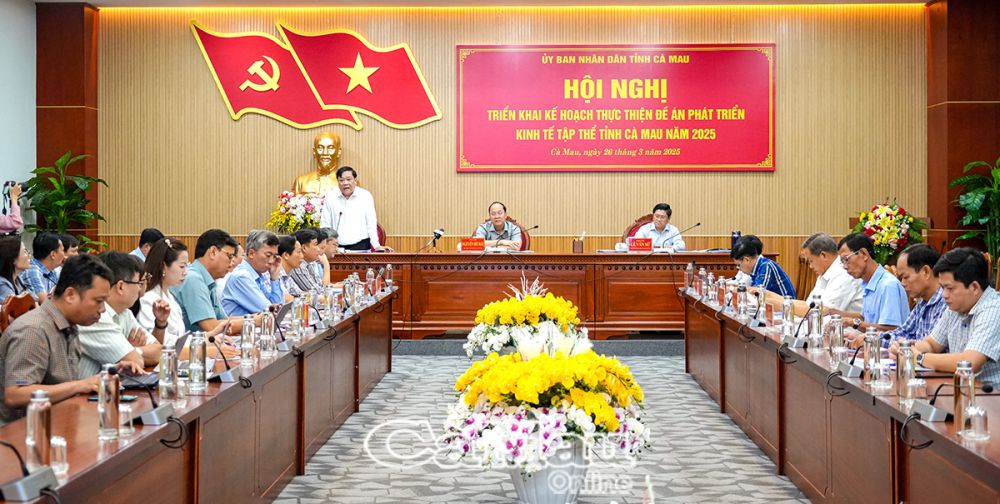
In recent times, with many policies and supports from the Party and the State, the collective economy has increasingly developed and improved. Some cooperatives have escaped from their weak state and promoted their role well, bringing benefits and income to their members. Some cooperatives have gradually adapted to the market mechanism, initially forming a number of new cooperatives in the direction of joint ventures - associations in production and consumption of goods for members, promoting the role and strength of the unit with many diverse and rich types of production and business.
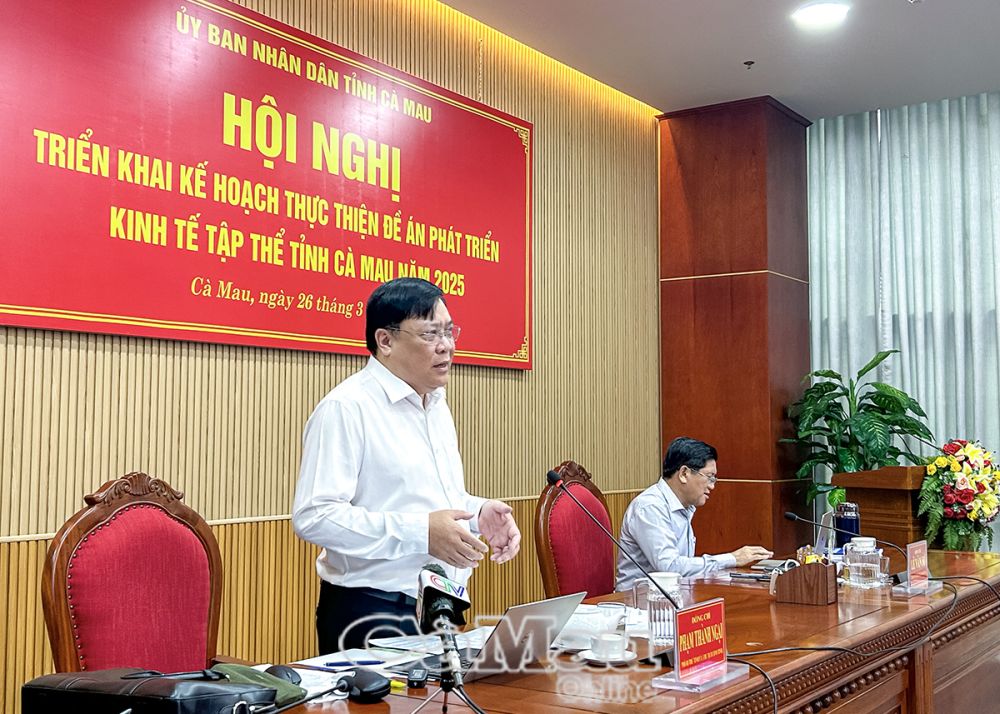
Mr. Trinh Thanh Sang, Deputy Director of the Department of Finance, commented that the economic and cooperative sectors have made positive contributions to the local socio -economic development. In particular, cooperatives have operated in conjunction with local key products and OCOP products. Cooperative activities create solidarity, dynamism and initiative in production and business; cooperatives bring common benefits to members.
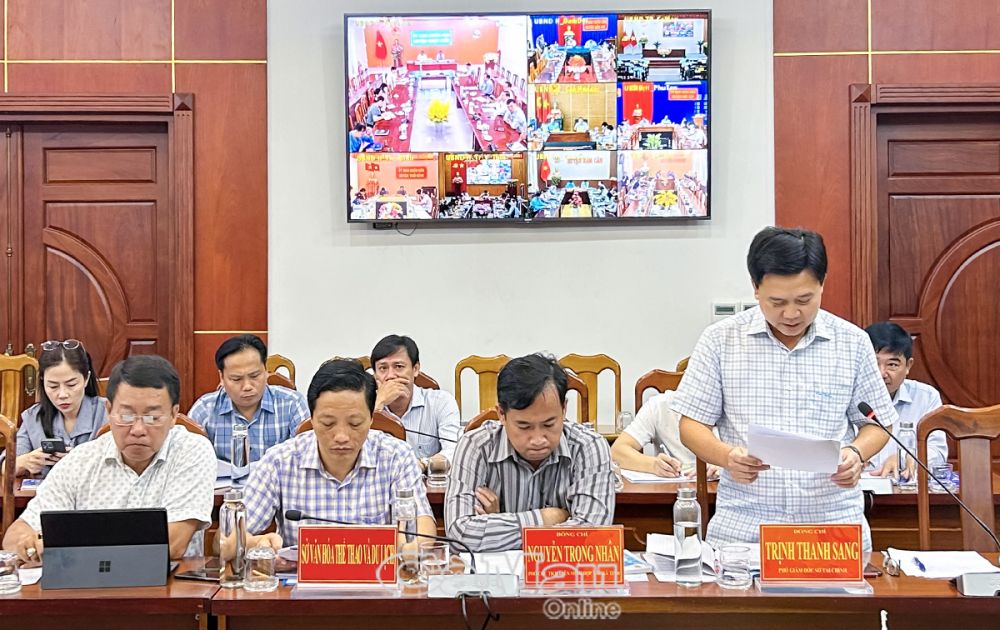
According to Mr. Nguyen Minh Chi, Deputy Director of the Department of Agriculture and Environment, the Department is continuing to support cooperatives in accessing preferential policies for development such as: training, land, science and technology, production linkage, sending young university and college graduates to work at cooperatives... From there, it has contributed to improving the operational efficiency of the collective economy, while supporting the removal of difficulties and problems that arise.
In 2024, the province will establish 46 new cooperatives and dissolve 20 cooperatives. As of December 31, 2024, there are 335 cooperatives with 6,267 members in the province; of which 254 cooperatives are operating, 81 cooperatives have ceased operations, and 2 cooperative unions are operating with 10 member cooperatives and 257 employees. The average revenue of a cooperative is 1 billion VND/year and the average profit is 340 million VND/year/cooperative. In particular, the average income of regular workers in cooperatives is about 48 million VND/year. In addition, the province currently has 991 cooperative groups with a total of 14,865 members, with an average profit of 160 million VND/year/cooperative group.
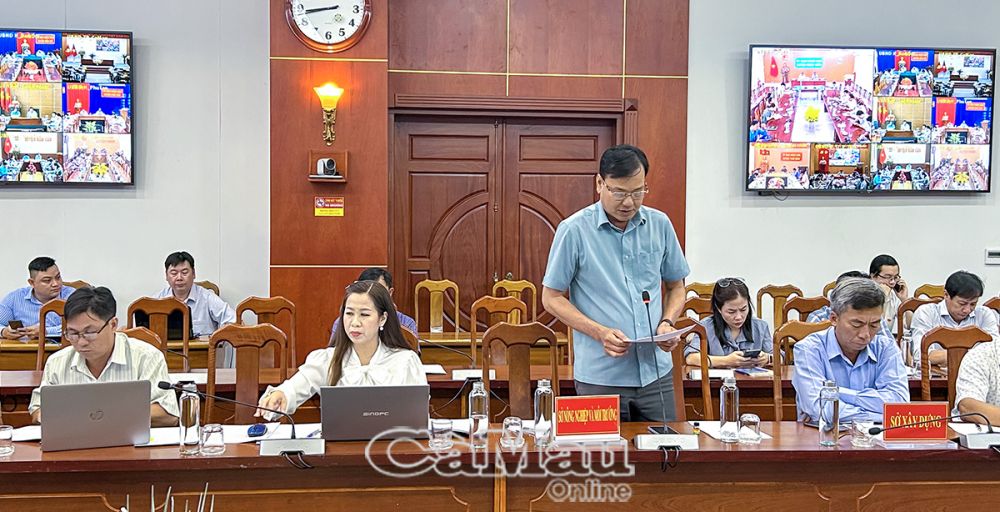
At the conference, delegates also pointed out many difficulties and limitations that need to be overcome. Mr. Sang said that some cooperatives were established following the movement without all the necessary elements, without a purpose of operation, general regulations, and no production and business plan. Most of the cooperative groups and cooperatives are of a super small scale, unable to demonstrate collective nature, and do not operate in accordance with the law. Most cooperatives have not yet organized production linkages, and some that have linkages are still fragmented and small, with limited input services and unstable output consumption. They have not yet built brands or increased added value for cooperative products...
These limitations are most clearly demonstrated through the results of the classification of cooperatives according to Circular No. 01/2020/TT-BKHĐT. Specifically, as of December 31, 2024, out of 335 cooperatives, only 21 cooperatives were classified as good (6.27%); 61 cooperatives were classified as fair (18.21%); 32 cooperatives were classified as average (9.55%); 101 cooperatives were classified as weak (30.15%); 39 cooperatives were newly established for less than 12 months (11.64%); 81 cooperatives ceased operations (24.18%).
In addition, the facilities of some agricultural cooperatives serving management, production and business activities have degraded, become outdated and cannot meet the current development situation. The operating capital of cooperatives mainly depends on the annual input collection plan, expenditures for production activities, there is no specific production, business and service plan, and cannot bring sustainable economic efficiency. The working capital of many cooperatives is still low, mainly fixed capital (factories, warehouses, electricity works, irrigation works, machinery, vehicles, old, outdated and degraded equipment...)
Accordingly, the target of the Project on developing collective economy in 2025 is to develop 100 new cooperatives and 30 cooperatives, striving to have cooperatives with 500 members or more; increase the average number of members per cooperative to 30 members; the average income of workers and members in cooperatives is over 50,000,000 VND/year; the average revenue of cooperatives is over 1,000,000,000 VND; about 50% of cooperatives and cooperative unions operate effectively (good, quite); build and develop in each district and city 1 pilot cooperative and 3 satellite cooperatives to achieve the target of 18 pilot cooperatives and 54 satellite cooperatives in the province by 2025.
In addition, cooperatives are encouraged to build production links between cooperatives and enterprises in improved extensive shrimp farming of about 100,000 hectares and super-intensive shrimp farming of about 5,500 hectares. Accordingly, the total budget for implementing the plan is about 12,487 billion VND; of which, the central budget is 2.9 billion VND, the rest is the local budget.
To achieve the plans set out in 2025, Deputy Secretary of the Provincial Party Committee, Chairman of the Provincial People's Committee Pham Thanh Ngai directed that the collective economy and private economy are the levers for economic development. To develop the economy, there is no other way than the cooperative economy and cooperatives. The heads of Party committees and authorities at all levels must act with full responsibility and focus on propaganda work to raise people's awareness of the new type of cooperatives.
Particularly for the cadres and human resources of the collective economy, they must be local people to be able to do their best and understand the local reality and receive the support of the people, therefore, it is necessary to train local human resources. All levels of staff promote policies to issue specific support policies for cooperatives. It is necessary to turn determination into concrete actions. Perfect effective models to replicate and promote the development of collective economy. Harmonize the interests in the collective economy for collective buying and selling through publicity, transparency and the interests of the cooperative leadership must be closely linked to the members. Departments, branches and organizations must have detailed programs to support collective economy in the province.
Nguyen Phu
Source: https://baocamau.vn/hoan-thien-cac-mo-hinh-hieu-qua-de-nhan-rong-thuc-day-phat-trien-kinh-te-tap-the-a38019.html






![[Photo] T&T 1 and Ho Chi Minh City 1 People's Police Teams won the men's and women's team championships](https://vphoto.vietnam.vn/thumb/1200x675/vietnam/resource/IMAGE/2025/5/22/39db06ae67cb4001b7a556e8d9a56d07)



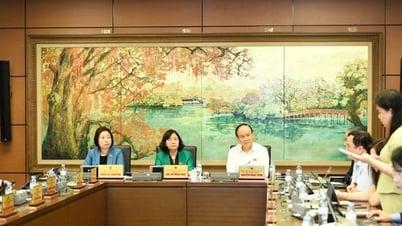
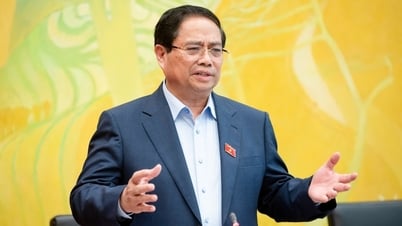





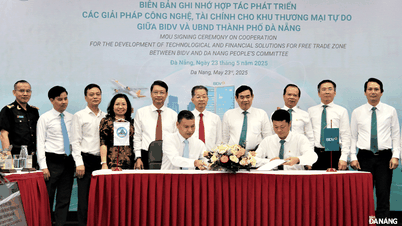






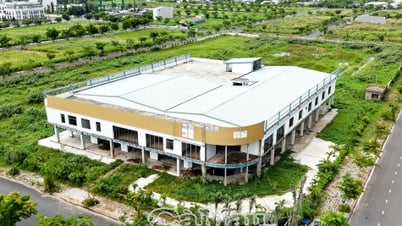
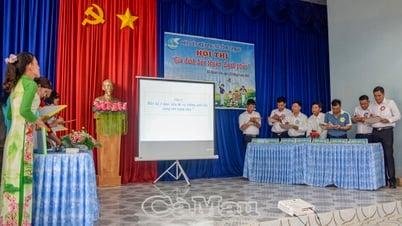
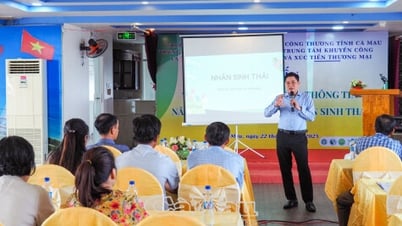
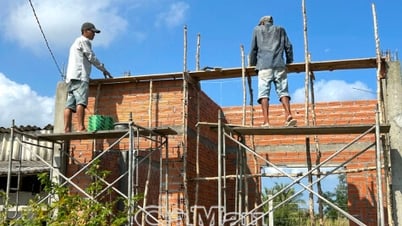








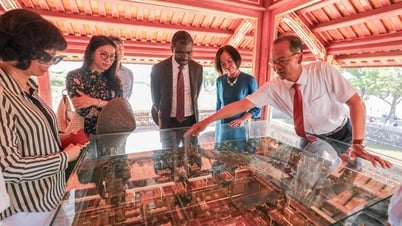
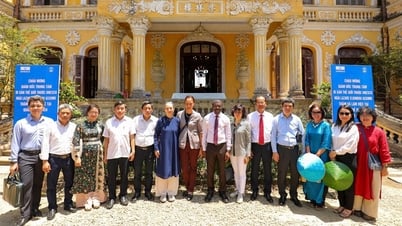






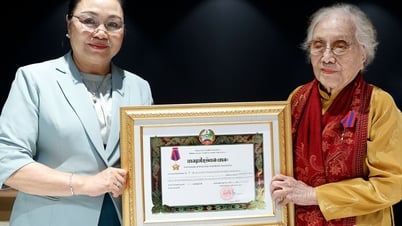

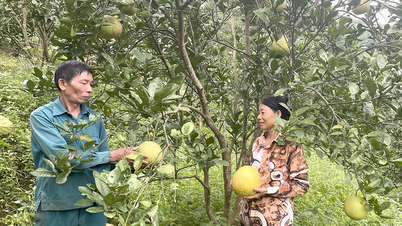

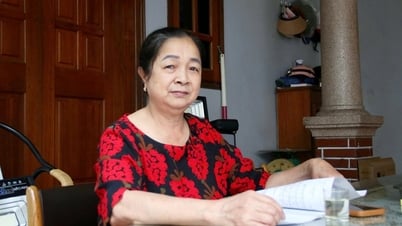








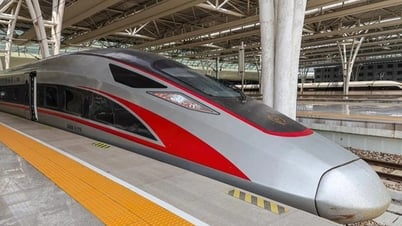








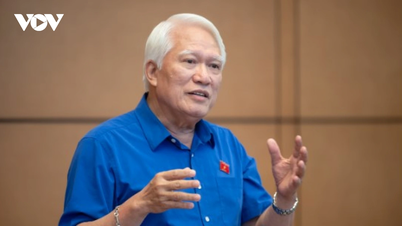



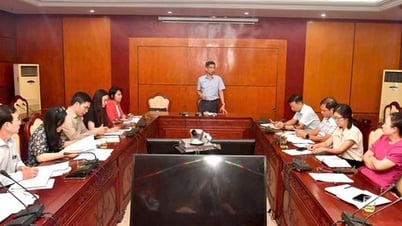

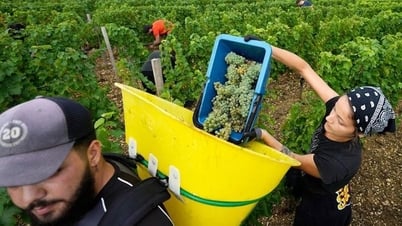

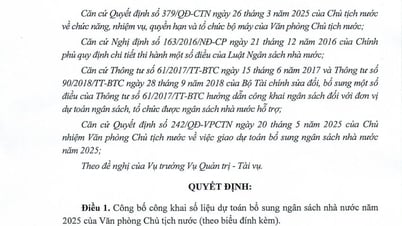


















![[Podcast] Week introducing more than 500 OCOP products in Hanoi](https://vphoto.vietnam.vn/thumb/402x226/vietnam/resource/IMAGE/2025/5/22/d144aac2416744718388dbae3260e7fd)

Comment (0)